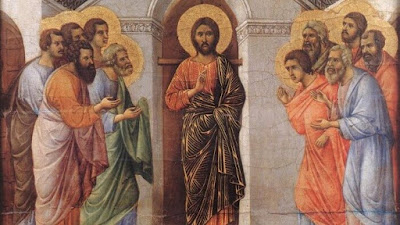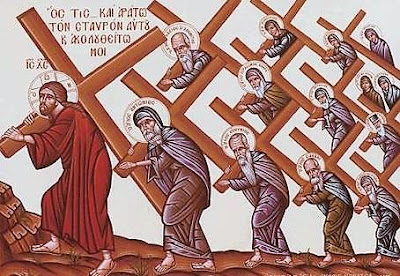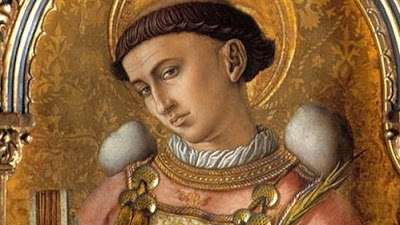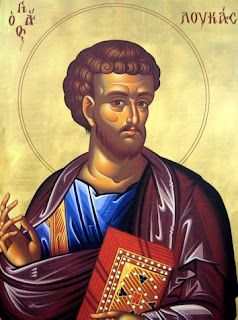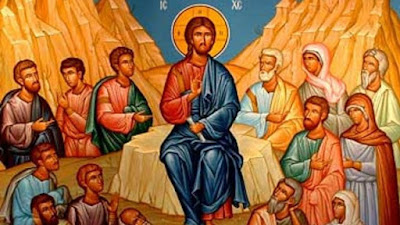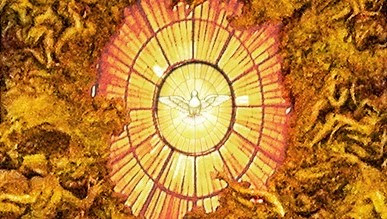Homily for Pentecost Sunday, May 23, 2021, Year B
Fr. René J. Butler, M.S. La Salette Missionaries of North America Hartford, Connecticut ( Click here for today's readings ) There is a famous story about the prophet Elijah in chapter 19 of the First Book of Kings. He has made powerful enemies and is hiding in a cave. The Lord tells Elijah to stand outside and wait for the Lord to pass. There is a strong violent wind, followed by an earthquake, followed by fire, but the Lord is not in any of these. Then comes a “light silent sound,” which is the New American Bible equivalent of the better known “still small voice” of the King James version. Sometimes, especially at a retreat, for example, there is a tendency to take this story to mean that God always comes quietly. Nothing could be further from the truth. Look at what happened at Pentecost. There was “a noise like a strong driving wind,” and “there appeared to them tongues of fire... and they were all filled with the Holy Spirit.” What about the earthquake? In chapter 4 of Act
